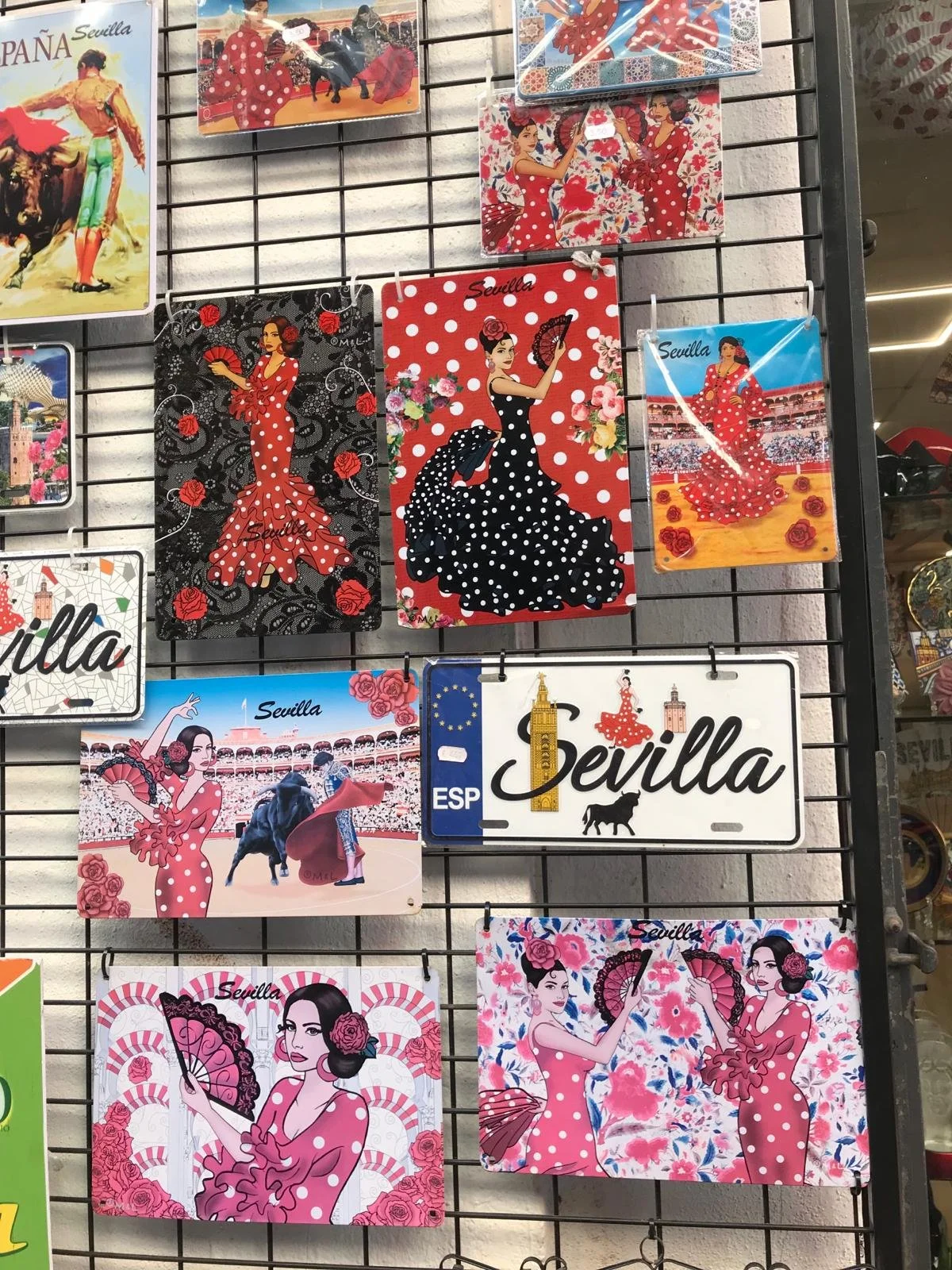Introduction
Scientists have recently delivered a final warning on climate change, reiterating that urgent action is needed to avert the worst impacts. To achieve the necessary transition to sustainability, it is increasingly recognised that the needs and perspectives of all must be considered, and that social dialogue is necessary when developing environmental policy. Yet, Black, Asian and Minority Ethnic groups have often been left out of these conversations (Bell, 2021) and, in particular, Roma and Romany Gypsy (or ‘Romani’) communities remain significantly overlooked. Romani groups are even often portrayed as causing environmental degradation (Dunajeva & Kostka, 2022) and they may experience ‘environmental racism’ i.e. policy or practice that causes disproportionate environmental hardship based on race.
In the midst of this exclusion and stigmatisation, their centuries-old sustainability knowledge and traditions have been made invisible. This research intends to advance understanding and increase the visibility of these perspectives and practices, thereby reducing negative stereotypes and facilitating more inclusive sustainability discussions.
The project is novel in its practical and theoretical focus on the intersection of cultural production, aesthetics, equalities and environmental sustainability; and how Romani communities rendered invisible from mainstream eco-discourse might provide lessons and insights into how to live more sustainably without compromising sociability, creativity or cultural pleasure.
Aims
To learn from, and make visible, Romani values, heritage and practices so as to enhance understanding of how to address climate change and the other environmental crises
To produce and highlight knowledge that will reduce stereotypes of Romani communities as being detrimental to the environment
Objectives
To increase knowledge and visibility of the environmental histories, traditions and values of Romani groups in England, Scotland and Spain
To explore how to represent these through traditional Romani visual and dance arts
To use these arts communication tools to counteract negative stereotypes of Romani people, in particular, as harming the environment
To contribute to the development of new sustainability discourses, policy and programmes that build on the lived experience of Romani peoples
To address a participation deficit in terms of the inclusion of marginalised groups, particularly Romani communities, in sustainability discourses, policy and programmes
To use visual and dance arts to enhance public education, programme development and policy on addressing the climate and other environmental crises
Outline
The Gypsies Forging Sustainable Futures (GFSF) project uses research and artwork to identify, highlight and amplify the sustainability knowledge and practices of Romani groups. We are a partnership of the Gypsy Media Company (GMC); Friends Families and Travellers (FFT); Hermanidad Gitana de Almería (Gypsy Brother/Sisterhood of Almería); Ando Glaso (AG); University of Glasgow (UoG); Coventry University (CU) and University of Almería (UAL). We will use a range of research methods, including capturing oral histories, to increase understanding of this rich body of cultural knowledge. A single metalwork sculpture and two dance and music events will then be created to represent the sustainability traditions and practices of Romani communities in the three constituent countries – England, Scotland and Spain – with a particular focus on Sussex, Lanarkshire and Almería. Several regions were selected to take into account that Romani groups have a supranational cultural identity as well as local identities (Macêdo de Paula & Farreira, 2022). The specific locations were chosen because in those areas there are well-organised and long-term Romani presences in a national context of significant discrimination.
The sculpture, music and dance events will be situated in the landscape where there is history of Romani movement, settlement and livelihoods. The artworks will help to make visible the contribution of Romani groups to sustainability thinking and practice (e.g. ‘circular economy’ - recycling, reuse and repair; ‘tiny home’ living; use of local materials; use of plants and herbs for health and hygiene; focus on community and sharing; and sustainable production techniques, including metalwork). The deliberative and artistic processes will be captured in a professional film.
Definitions
We use Webb’s (2019) definition of ‘Romani peoples’ which incorporates two broad groups: (1) UK and Spanish native Romanies, known as ‘Romany Gypsies’ and (2) European migrants of Romani ethnicity, known as ‘Roma’. These groups are identified with three waves of Romani migration: Romany Gypsies who arrived in the 16th century; Roma refugees who arrived in the 1990s; and EU Roma migrants arriving post-2004.
Co-Production
This is a co-produced project in which researchers work in partnership with those who can use or implement the research so as to generate research that is relevant, useful, accessible and utilised by non-academics as well as academics. The co-produced approach is consistent with our aims to create and communicate knowledge that contributes to social justice through centring the voices of marginalised communities. The project has been designed with the collaboration of (1) the UK and Spain’s leading Romani arts organisations; (2) local and national Romani community advocacy and equality organisations; (3) relevant national inclusion and sustainability policy makers.
Funding
The project is financed by the Arts and Humanities Research Council – Grant Ref: AH/Y003284/1 – with additional support from the University of Glasgow. Funding is provided from 1st May 2024 to 30th April 2027.






